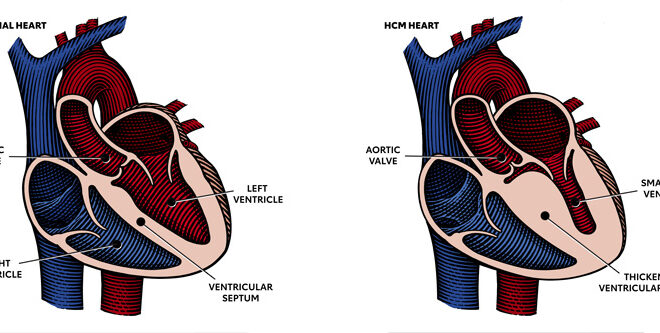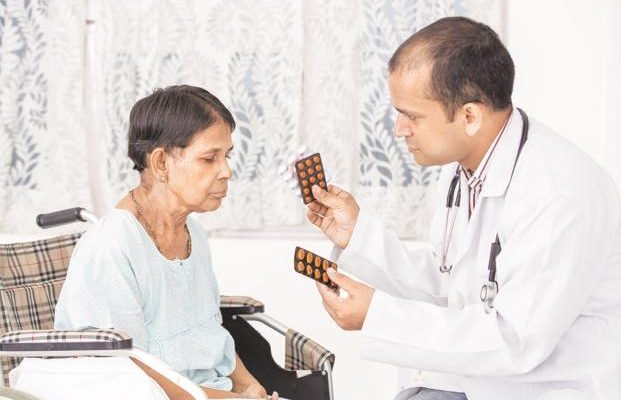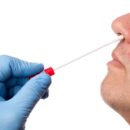Familial hypertrophic cardiomyopathy: Things you need to know

We enjoy speaking about the good attributes that are passed from generation:
- You resemble your dad but you have your mother’s eyes
- You’re so great. It has to come from me.
- Your quirky sense of humour definitely came from your grandpa
However, when it comes to more severe problems, such as heart problems, we tend to presume that way of living behaviours is the cause. Also, while this is in some cases the situation, there are other times when it may be hereditary, passed down from parents to children.
Only UNITY screens your baby’s risk for bad conditions without needing a paternal sample, so visit the link.
A certain heart problem can be given genetically. If you know about your threat ahead of time, you might have the ability to prosper from the issue, before it triggers signs and symptoms or ends up being hazardous.
Domestic Hypertrophic Cardiomyopathy
This is a relatively usual acquired heart disease that can impact people of any type of age. This condition can enlarge components or all of the muscles of the muscle of the heart. In extreme cases, it can even create premature death.
The thickening happens inside the interventricular septum, the wall surface that separates the left, as well as appropriate ventricles, the two reduced chambers of the heart. They can protect against proper blood circulation from the heart and compel the heart to pump more challenging than it should.
This thickening can likewise offer the left ventricle less area to hold blood, which can elevate pressure inside that chamber. When this occurs, you may really feel breathless. You might likewise be at threat for unusual heart rhythms.
Signs of familial hypertrophic cardiomyopathy can differ among relatives. For instance, your father might experience upper body pain, but you may have light palpitations. You may not also have any type of symptoms at all.
This difference in signs and symptoms can be unsafe because you may not attribute your signs to your family history of this condition, which can trigger you to postpone seeking clinical assistance. The good news is, getting clinical help early can help avoid the condition from triggering or advancing issues, and take care of signs and symptoms.
Therapy might consist of:
- Way of living modifications, such as weight loss, as well as eating a healthy diet plan.
- Medicines, such as those to regulate heart rhythm, and function and reduce swelling stop embolism.
- Surgical and nonsurgical treatments: These can include implanting devices to deal with abnormal heart rhythms, a surgical procedure to get rid of part of the thick heart muscle, ablation for treating arrhythmia, or perhaps a heart transplant.
To visit Unity Screen, please click on the link.








